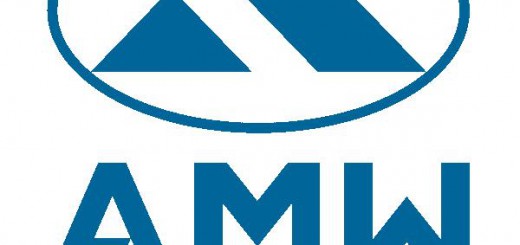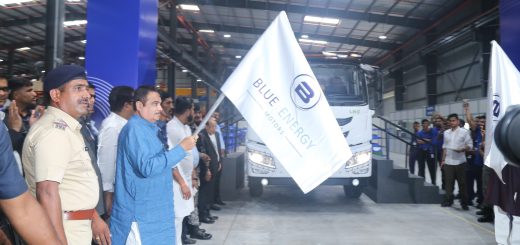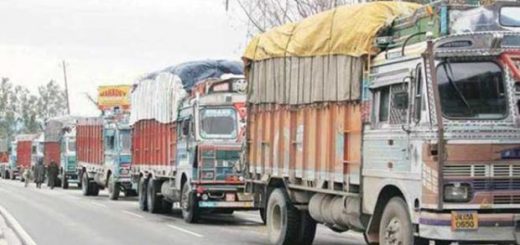Vehicle modernisation programme for replacing old commercial vehicles
The voluntary vehicle fleet modernisation programme (V-VMP) that the government is working on will focus initially on incentivising buyers of new commercial vehicle and keep passenger vehicles out of its ambit. It also won’t cover two-wheelers in the first phase.
The programme proposes to offer tax benefits and discounts to people who junk old vehicles and replace them with new ones. Its primary intention is to reduce emissions and the priority is to get old fuel-guzzling and polluting trucks off the roads, said government sources.
“Heavy vehicles such as trucks and buses account for over 60 per cent of vehicular emissions,” a senior official in know of matter said. “At least for the first one to two years, we are not looking at extending incentives under the voluntary retirement scheme to passenger vehicles. There are no plans to incentivise scrappage and replacement of old two-wheelers as of now.”
Given that commercial vehicles change hands two to three times during their lifecycle, the government is working out ways to issue tradeable certificates which would incentivise the last owner to scrap the truck and subsidise the purchase of the primary buyer. “This will create a win-win situation for all stakeholders and make the overall dynamics of commercial vehicle trade more vibrant,” the official said.
“The government is trying to create a facilitating environment for voluntarily scrapping of old vehicles but some mechanism has to be put in place to examine the pricing structure of vehicle manufacturers,” said SP Singh, senior fellow at the Indian Foundation of Transport Research & Training. Auto makers may not be able to reduce prices, but can cut down on discounts they regularly offer and give those under V-VMP, he said.
A Cabinet note on the voluntary vehicle fleet modernization programme will be sent for clearance in the next three months, officials said. The road transport ministry has received an in-principle approval from relevant government departments to proceed with the scheme. Final nuances will be worked out once the Cabinet note is prepared.
As per the proposed policy, vehicles bought prior to March 31, 2005 or those below BS IV emission standards would be eligible for incentives if those were scrapped and replaced by new ones. A fair value for the scrap, excise duty at 50 per cent of the normal rate on the new vehicle and special discounts from automobile manufacturers are on cards for those who participate. The incentives are expected to reduce the cost of a new vehicle for a buyer on an average 8-12 per cent.
The policy recommends complete excise exemption for state transport buses to encourage public transport to shift to newer and higher capacity buses which will also help decongest roads.
According to government estimates, the programme may take 28 million polluting vehicles off the road. The scheme would enable domestic generation of Rs 11,500 crore worth of steel scrap every year. A challenge to implement the programme is the creation of infrastructure to handle the scrap.
A second government official said staterun MSTC and several Japanese companies have evinced interest in setting up recycling and shredding centres for vehicles.
Source: http://goo.gl/5eQa4w





Recent Comments